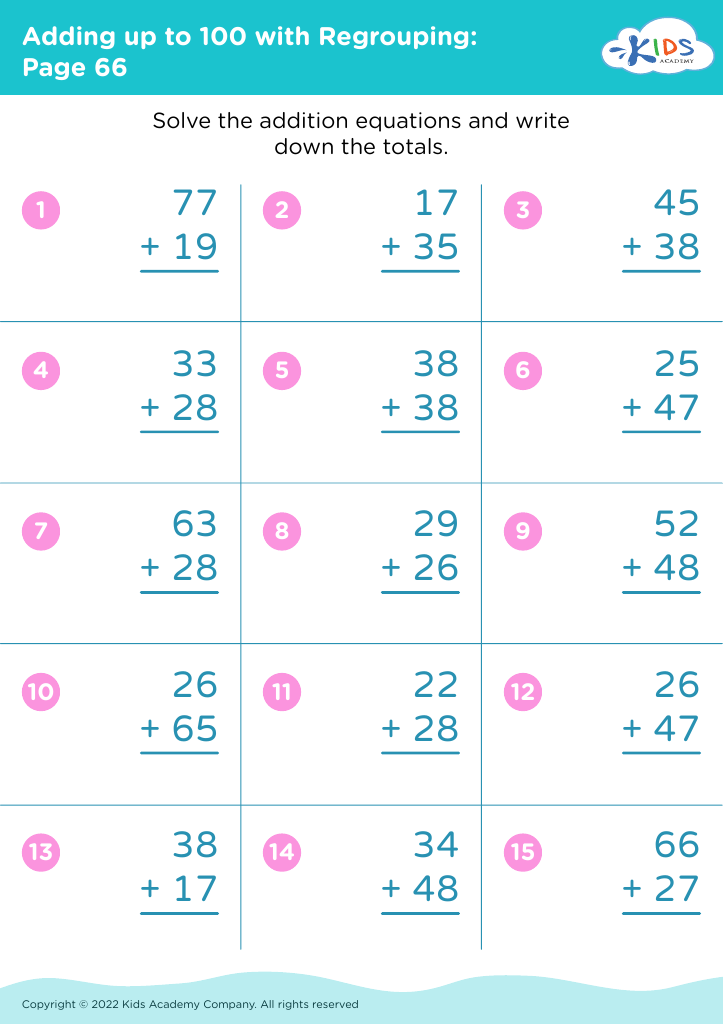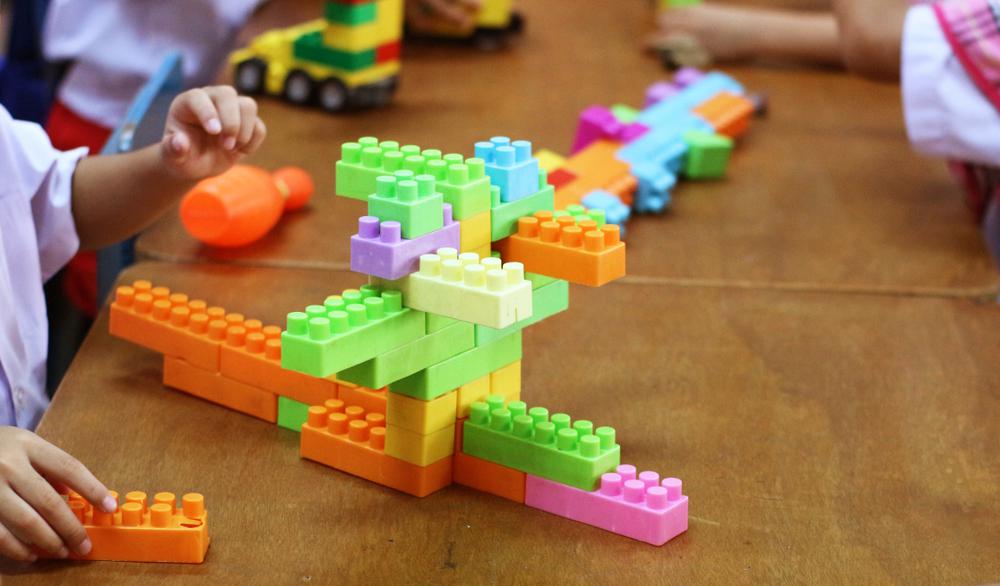Develop inference skills Worksheets for Ages 4-8
3 filtered results
-
From - To
Develop inference skills in children ages 4-8 with our engaging printable worksheets. Our expertly designed worksheets help young learners enhance critical thinking and problem-solving abilities through fun, interactive activities. Each worksheet encourages kids to read between the lines, analyze clues, and draw conclusions, laying a strong foundation for academic success. Perfect for both classroom and home use, our resources captivate children's interest while building essential comprehension skills. Foster a love for learning and boost your child's cognitive development with our easy-to-follow and captivating inference skills worksheets. Secure a brighter future, one worksheet at a time.
Developing inference skills in children aged 4-8 is crucial for their reading comprehension, critical thinking, and overall learning development. Inference involves using clues from the text or situation to understand meanings that are not explicitly stated.
For parents and teachers, nurturing inference skills is essential because it lays the foundation for advanced reading comprehension. When children can infer, they can grasp the full meaning of texts, understand underlying themes, and engage in deeper discussions about the stories they read. This ability will benefit them academically as they progress to more complex materials in higher grades.
Additionally, inference skills are interconnected with critical thinking. When children infer, they practice reasoning by piecing together information to draw conclusions. This cognitive process enhances problem-solving abilities, helping children navigate not just academic content but also real-world situations.
In social contexts, strong inference skills improve interpersonal communication. Kids become adept at reading between the lines in conversations, interpreting body language, and understanding others' emotions. They learn empathy and effective communication, valuable traits for developing healthy relationships.
Ultimately, fostering inference skills in early childhood equips children with tools that promote lifelong learning, enabling them to become insightful, analytical, and empathetic individuals. Therefore, parents and teachers should prioritize activities that strengthen these skills in young learners.





.jpg)













